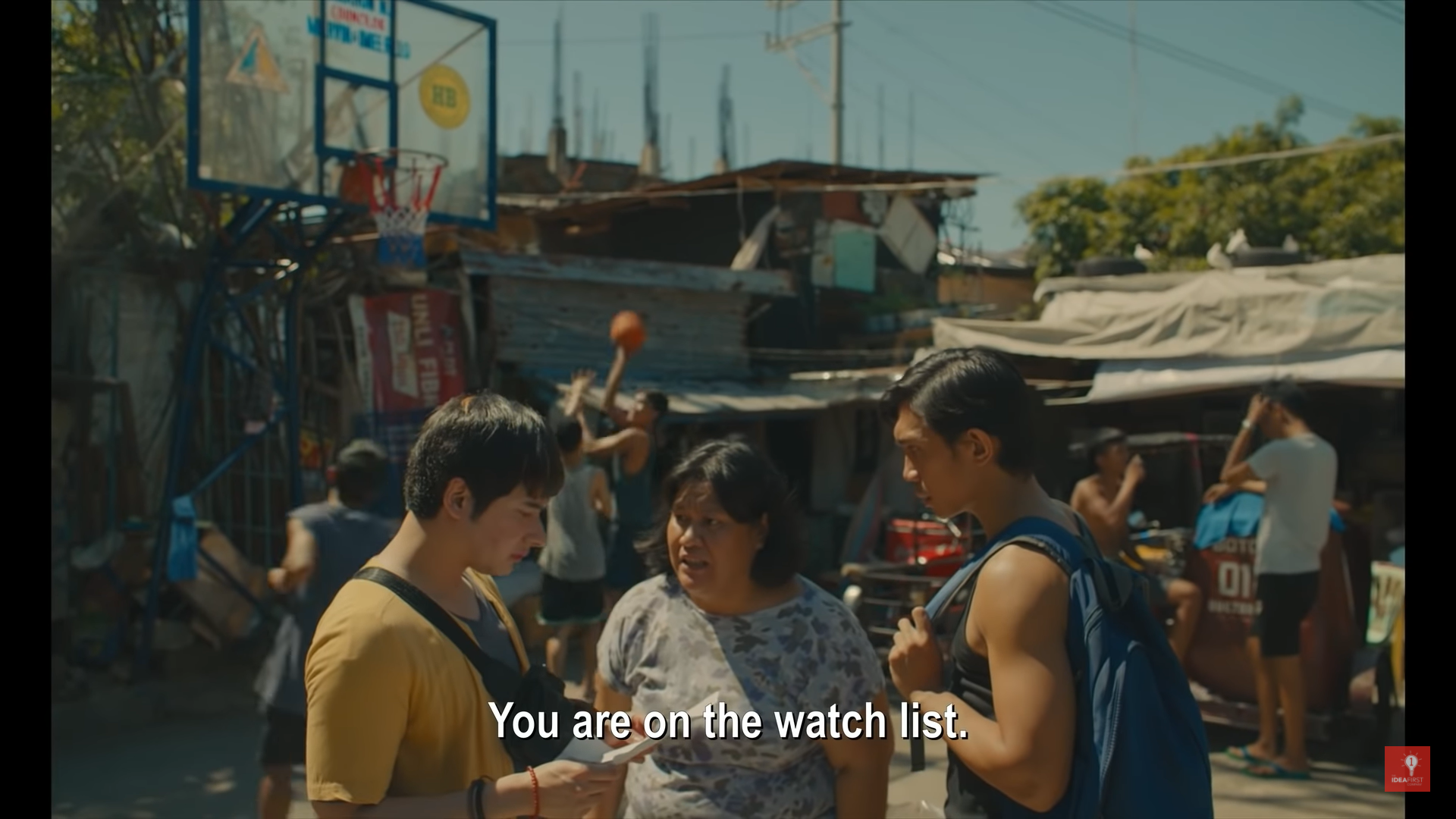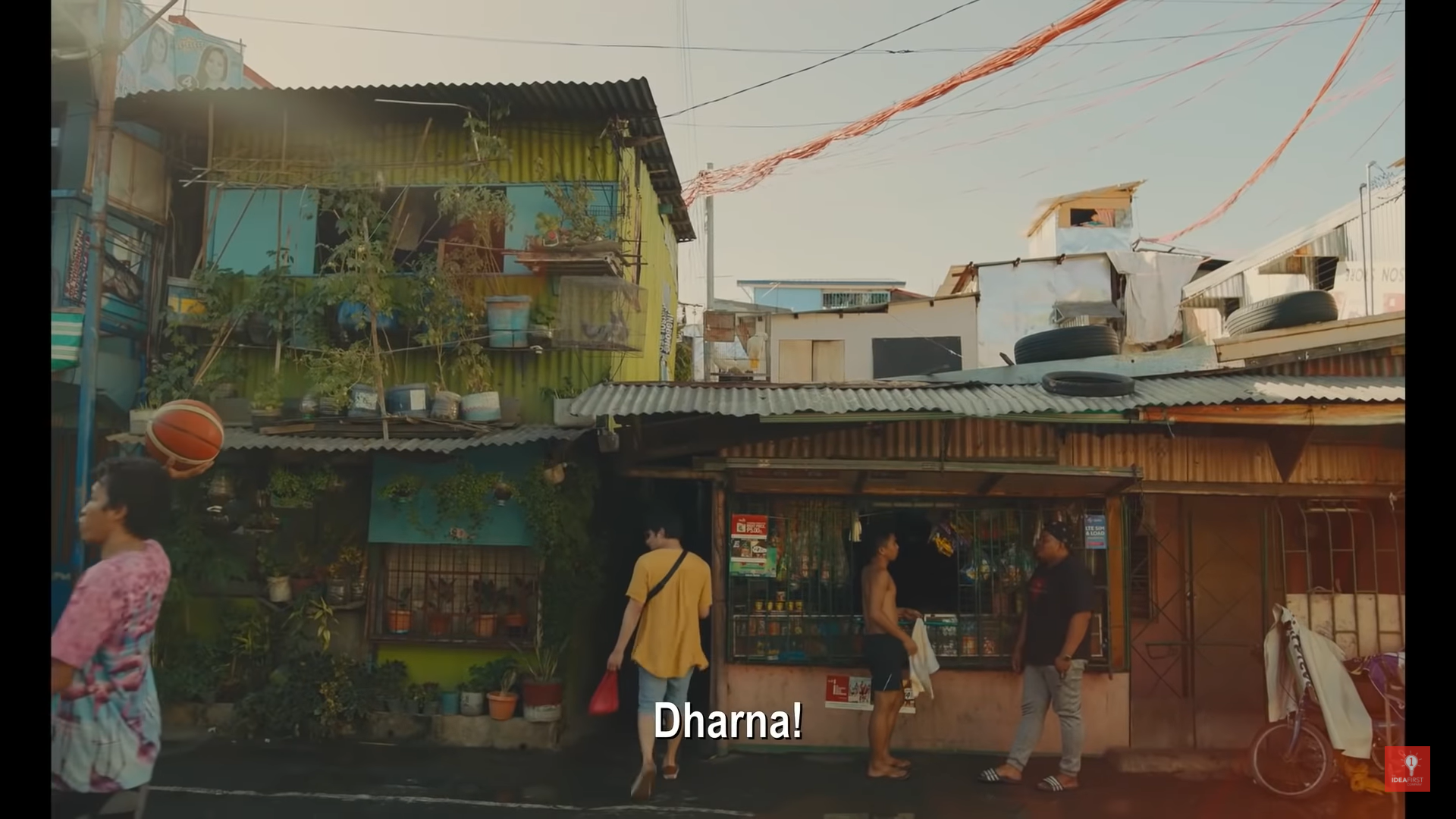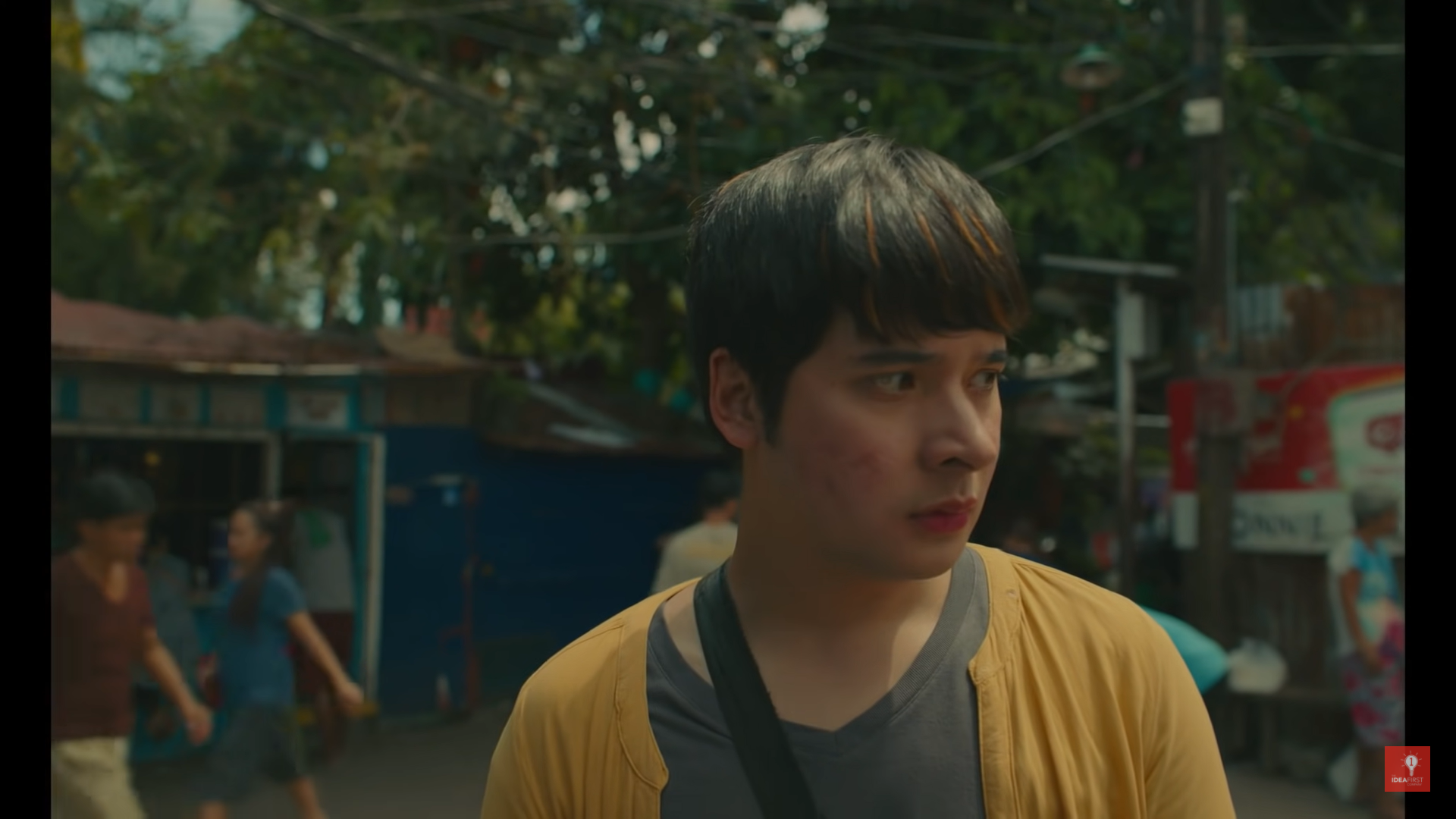WHEN an illegal drug user dies, people rarely bat an eye. The rule of the streets has become notorious and thus expected: Suspects are to be killed.
Bloodshed has inordinately frequented many places that it has become a norm. Indeed, the drug war of President Rodrigo Duterte is characterized by high numbers — not of jailed big time syndicates but of ordinary people killed in police raids and vigilante operations. However, society goes on as usual, while the grim reality is left to fade in the background of daily life.
Big Night! by Director Jun Robles Lana centers on this theme but with a comedic take. The Metro Manila Film Festival entry tells a story where the drug war intentionally remains backstage. What basks under the spotlight is the comical life story of an ordinary person. However, his tale is inevitably and explicitly tainted by the issue at hand.

Panfilo Macaspac Jr. (Christian Bables), known to his neighbors as Dharna, lives a fairly normal life as a thriving hairdresser and beautician. Though managing only a humble parlor, his profession has gained him many loyal customers around the neighborhood. Consequently, he has made countless friends, meeting one at every turn. Thus, it came as a surprise when he found his name on a leaked watch list.
He already has his fair share of news on what happens to the accused people. He knows well the danger of even the slightest suspicion on the use of illegal drugs. Fortunately, the watch list has not yet been submitted to the Philippine National Police. He is left with one day to have his name rightfully removed from it.
Pulling strings on his vast social network, he seeks a series of favors for people who might help clear his name. Together with his boyfriend, Zeus (Nico Antonio), Dharna asks for the help of several people. They pursue barangay chairman Cynthia (Eugene Domingo), who then directs them to school principal and Area 2 president Mr. Roja (Soliman Cruz). Still, the solution is yet to be found.
They then proceed to Area 5, Dharna’s childhood residence, where the midwife Melba (Janice de Belen) is area president. In their last attempt, they are led to the prominent Area 8 president Donato (John Arcilla), an action star.

While it may be a matter of life and death for him as a suspect of drug use, Dharna’s life does not stop in search of a way out. In fact, it seems just like one of life’s inconveniences for him and the people around him. No one is outraged by the injustice nor seeks to transform society. Like the ordinary person, his mere focus is on himself and his social sphere.
As presented in the film, small-scale operations are targeted while big actors stay loose. Consequently, the drug war only brings misery to those without the means to fight back while those capable of crusading for a difference are unscathed.
The film’s premise is a reality so dark and cruel that at first, it is difficult to reconcile it with comedy. However, the genre proves to be a fitting technique. It supports the intended manner of storytelling by pushing the context further into the background. Moreover, the great deal of hilarity effectively pulls the viewers into the film’s plot, style, and structure.
The overall brilliance of the film has been excellently capped with remarkable acting. Recognized for their talent, Christian Bables has been named Best Actor in a Leading Role while John Arcilla won Best Supporting Actor. With the casts standing out in their craft, each scene arises polished and of quality.

However, the narrative ends with a few loose threads. It concludes without unraveling the mystery of why Dharna’s name was included in the watchlist. Whether he was listed as a trap set by an unknown enemy or a playful trick — viewers are left to guess. Still, it is a story worth following to the end.
The film perfectly captures how people can be inescapably tangled in social and political issues, but can be lost amid practical life. Some may choose to revel in their existence with little to no concern in reshaping society at large.
However, these problems are a sort of trap. It binds people in numerous and, at times, inconceivable ways. In the end, this large-scale system largely affects the turnout of events, regardless of the role one chooses to play.
The movie, which presents the drug war in its realistically ironic and farcical form, is a comedy that begs to be taken seriously. F – Fatima B. Baduria



